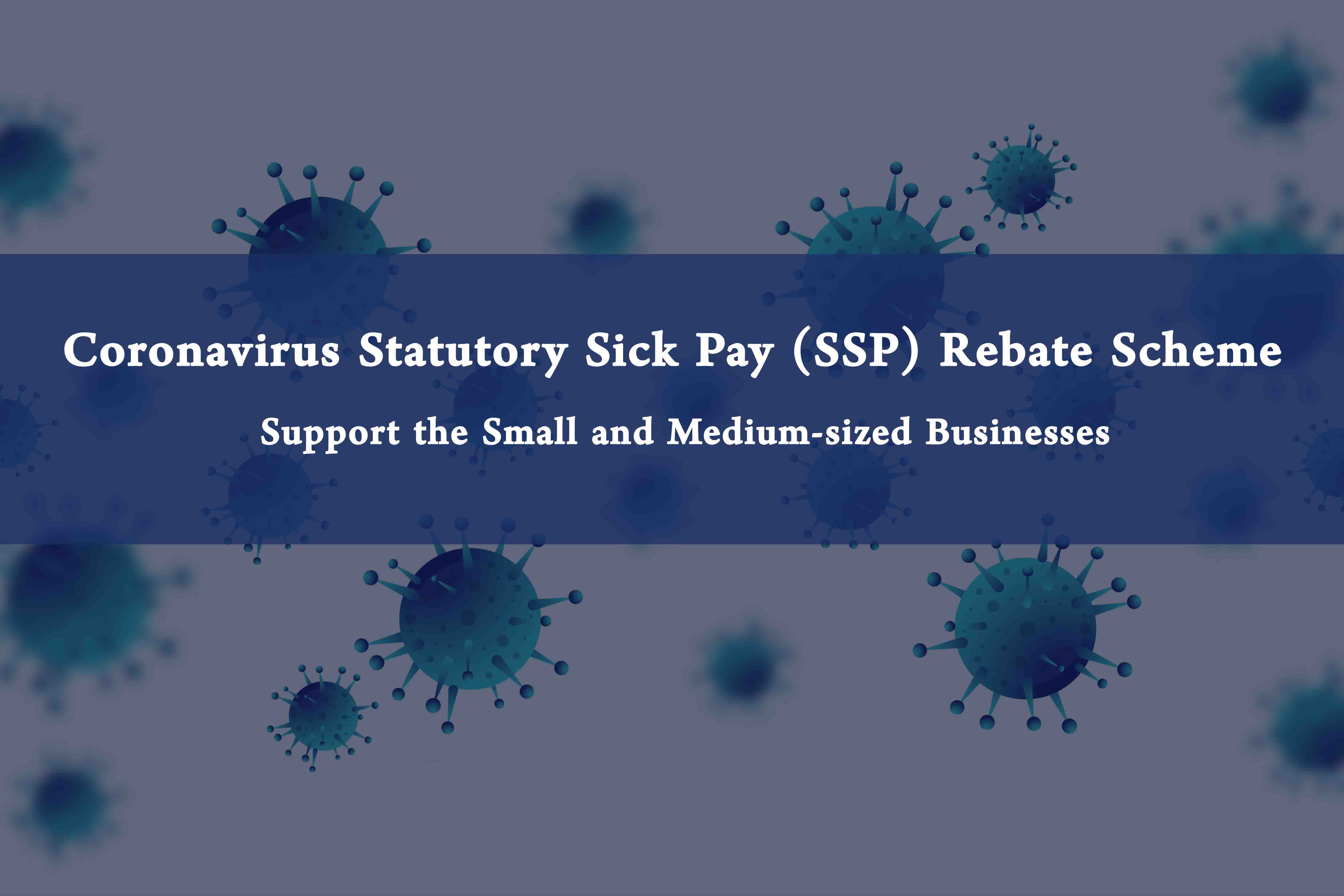Articles >
COVID-19 Statutory Sick Pay (SSP) Rebate Scheme

June 02, 2020
In March 2020 the UK government announced the COVID-19 Statutory Sick Pay (SSP) Rebate Scheme to support the small and medium-sized businesses affected by the COVID-19 pandemic. Under this scheme, small and medium-sized employers, with fewer than 250 employees, will be able to apply to HMRC to recover the costs of paying coronavirus-related SSP. The Coronavirus Statutory Sick Pay Rebate Scheme will repay employers the Statutory Sick Pay paid to current or former employees.
This scheme is open now; eligible employers can claim the rebate through the HMRC SSP reclaims portal.
Before you start, let’s run through the terms and conditions of this scheme. Tax agents can make claims on behalf of the employers.
Qualifying Employers
Based on the GOV.UK guidelines, you can use the scheme as an Employer if –
- - You are claiming for an employee who is eligible for sick pay due to coronavirus
- - You must have PAYE payroll scheme that was created and started on or before 28 February 2020
- - You had fewer than 250 employees on 28 February 2020 across all your PAYE payroll schemes. This means if connected companies and charities want to use this scheme then their combined number of PAYE employees must be fewer than 250.
You can claim back from both the Coronavirus Job Retention Scheme and the Coronavirus Statutory Sick Pay Rebate Scheme for the same employee but not for the same period of time.
Employees Covered
The scheme covers all types of employment contracts, including:
- - Full-time employees
- - Part-time employees
- - Employees on agency contracts
- - Employees on flexible or zero-hour contracts
- - Fixed term contracts (until the date their contract ends)
What amount you can claim using the COVID-19 Statutory Sick Pay (SSP) Rebate Scheme
You can get repayment of up to 2 weeks Statutory Sick Pay starting from the first day of sickness, if an employee is unable to work because of any of the following –
- - Have coronavirus symptoms
- - Unable to work because they are self-isolating because someone they live with has symptoms
- - Are shielding and have a letter from the NHS or a GP telling them to stay at home for at least 12 weeks
What period will be covered in the claim?
SSP rebate can be claimed for the period starting from:
- - 13 March 2020 - if your employee had coronavirus or the symptoms or is self-isolating because someone they live with has symptoms
- - 16 April 2020 - if your employee was shielding because of coronavirus
Please note that the weekly rate is now £95.85, which was £94.25 before 6 April 2020. If you are an employer who pays more than the weekly rate of Statutory Sick Pay then you can only claim up to the weekly rate paid.
What are the records that you must keep?
You must keep records of Statutory Sick Pay that you have paid and want to claim back from HMRC.
The following records must be kept for 3 years after the date you receive the payment for your claim:
- - The dates the employee was off sick
- - Which of those dates were qualifying days
- - The reason they said they were off work - if they had symptoms, someone they lived with had symptoms or they were shielding
- - The employee’s National Insurance number
You can choose how you keep records of your employees’ sickness absence. HMRC may need to see these records if there is a dispute over payment of SSP.
You will need to print or save your state aid declaration (from your claim summary) and keep this until 31 December 2024.
How to claim?
Eligible employers can claim the rebate using the new online service portal of HMRC for the COVID-19 Statutory Sick Pay (SSP) Rebate Scheme.
Please note that eligible employers who are unable to claim the rebate online should have received a letter on an alternative way to claim. You have to contact HMRC if you have not received a letter and you are not able to claim using the online portal.
Keeping in view the terms and conditions of the scheme, it advisable that you should seek advice of your agent (if any) who offers you Payroll, business tax or tax advice services. The tax agents can make claim on behalf of employers. Therefore, this can make things easier for you as they can complete the process effectively without any hiccups to make sure that you receive your claims on time.

